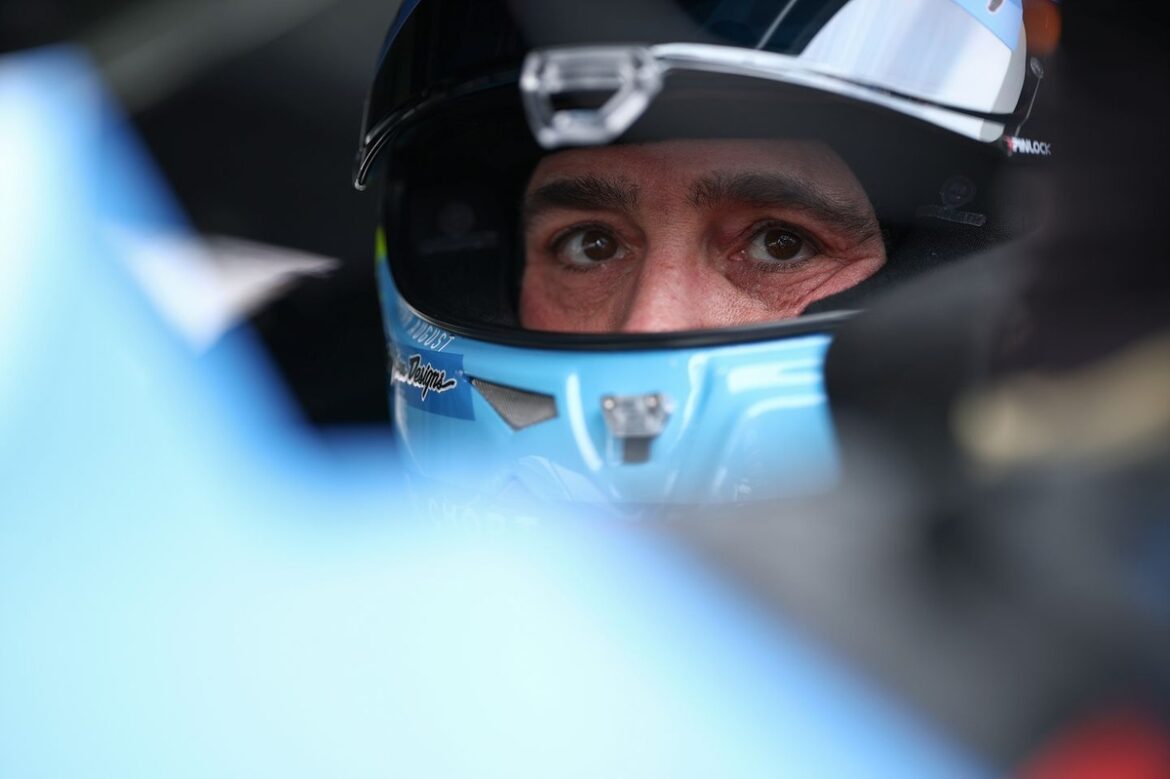Ongoing Charter Disputes in NASCAR: Legacy Motor Club’s Legal Battles
The world of NASCAR is currently embroiled in a series of complex legal disputes, particularly concerning charter agreements. Among the key players in this scenario is Legacy Motor Club, which finds itself at the center of multiple lawsuits. This article delves deep into the intricacies of these disputes, shedding light on the various parties involved and the implications for the future of NASCAR.
Overview of Charter Disputes in NASCAR
NASCAR, known for its thrilling races and dedicated fan base, operates on a unique charter system that grants teams the right to compete in events. These charters are not just tickets to race; they represent significant financial investments and the privilege of stability in a highly competitive environment. In recent months, disputes over these charters have escalated, leading to legal actions that could reshape team dynamics and ownership.
One of the most notable disputes involves Legacy Motor Club, which has emerged as both a plaintiff and defendant in various lawsuits. The crux of these legal battles revolves around claims of contract breaches and allegations of bad faith negotiations.
The Dispute Between Legacy Motor Club and Rick Ware Racing
A significant aspect of the ongoing disputes involves Legacy Motor Club suing Rick Ware Racing (RWR). The lawsuit centers on RWR’s alleged failure to uphold a signed contract for the sale of a charter to Legacy, which is intended for the 2026 season. Legacy maintains that they have a valid Charter Purchase Agreement in place, which would allow them to secure a charter for the upcoming season.
However, RWR has countered Legacy’s claims, arguing that they are attempting to acquire a charter that deviates from the original agreement. This counterclaim adds another layer of complexity to an already intricate situation. The stakes are high, as charters represent not only financial backing but also the potential for competitive advantage in NASCAR races.
New Developments: T.J. Puchyr’s Involvement
Amidst this legal turmoil, a new figure has emerged: T.J. Puchyr. Reports indicate that Puchyr has entered into an agreement to acquire Rick Ware Racing entirely. This development raises eyebrows, particularly given the timing and the ongoing disputes regarding charters.
Legacy Motor Club has accused Puchyr of interfering with their efforts to secure the charter from RWR. The allegations suggest that Puchyr’s actions may be undermining Legacy’s legitimate business interests. Notably, a judge involved in the proceedings, Daniel A. Kuehnert, warned RWR of "serious ramifications" should they attempt to sell the charter amidst the ongoing legal disputes.
The Nature of Puchyr’s Relationship with Legacy Motor Club
In a recent filing, Legacy Motor Club disclosed that T.J. Puchyr had previously been working with them under an "Independent Contractor Agreement" through his consulting firm, Rucus. This agreement granted Puchyr access to sensitive business information, which was intended to help promote Legacy and secure sponsorship deals.
Legacy alleges that they trusted Puchyr to act with integrity, expecting him to avoid any actions that might jeopardize their operations or reputation. However, the team now claims that Puchyr has betrayed this trust, engaging in conduct that undermines Legacy’s interests as he pursues his own ambitions to acquire RWR.
In their legal filing, Legacy articulates their expectations of Puchyr, emphasizing the importance of ethical conduct and transparency in their business dealings. They assert that Puchyr’s interference in the charter dispute is a clear violation of the trust placed in him.
Accusations Against T.J. Puchyr
The legal documents filed by Legacy Motor Club make serious accusations against T.J. Puchyr. They claim that he has actively worked behind the scenes to destabilize Legacy’s existing deal with RWR. Furthermore, Legacy alleges that Puchyr has been vocal about his intentions, even boasting about his actions that they deem unethical.
Legacy’s filing contains specific allegations against Puchyr, stating that he has made "personal attacks" against the team’s co-owner, Jimmie Johnson, a seven-time NASCAR Cup Series champion. According to the filing, Puchyr has publicly questioned Johnson’s understanding of the situation and has made disparaging remarks about his professional conduct.
These accusations highlight the contentious nature of the relationships and negotiations taking place within the NASCAR community, where business interests and personal rivalries often intersect.
The Broader Implications for NASCAR
The ongoing legal battles surrounding charter disputes have significant implications for the broader NASCAR landscape. As teams navigate the complexities of ownership and competition, the outcomes of these lawsuits could set important precedents.
For Legacy Motor Club, securing a charter is critical not only for their competitive strategy but also for their financial stability. The ongoing disputes could affect their ability to attract sponsors and maintain a competitive edge in upcoming races.
Moreover, the involvement of figures like T.J. Puchyr introduces new dynamics into NASCAR’s already intricate business ecosystem. As teams jockey for position and negotiate deals, the potential for conflict remains high, particularly when personal ambitions clash with collective interests.
Future Developments to Watch
As these legal battles unfold, all eyes will be on the courts and the decisions that emerge from them. The outcomes of the lawsuits involving Legacy Motor Club, Rick Ware Racing, and T.J. Puchyr could fundamentally alter the landscape of NASCAR.
Fans and stakeholders alike are eager to see how these disputes will resolve and what it means for the future of their favorite teams and drivers. The intersection of business and sport is always fraught with tension, and the ongoing charter disputes in NASCAR are a prime example of this reality.
In conclusion, the ongoing charter disputes in NASCAR, particularly those involving Legacy Motor Club, Rick Ware Racing, and T.J. Puchyr, illustrate the complex interplay of contracts, trust, and ambition in the world of motorsport. As these legal battles progress, the implications for all parties involved, as well as for the broader NASCAR community, remain to be seen.
